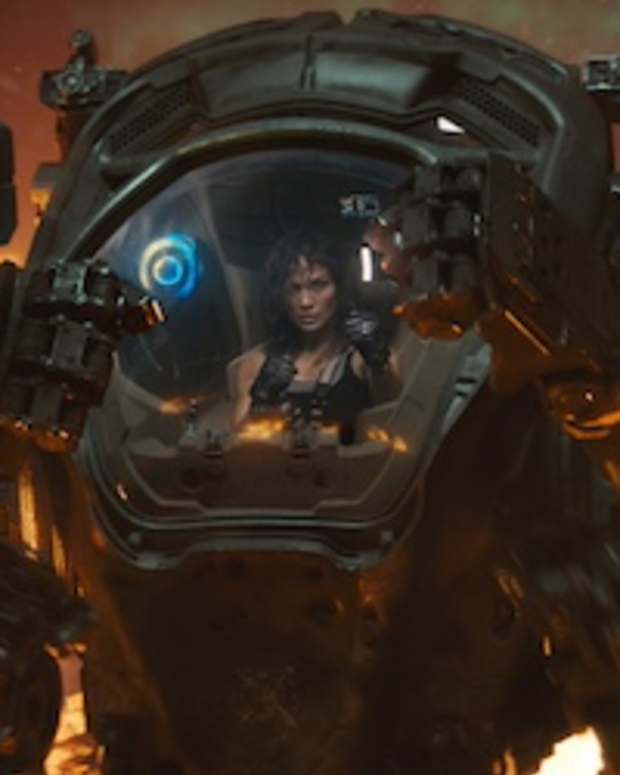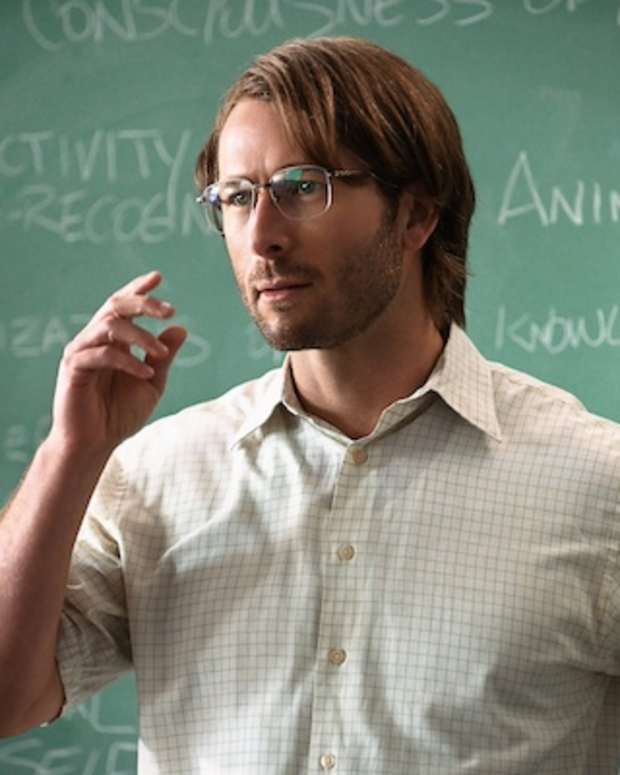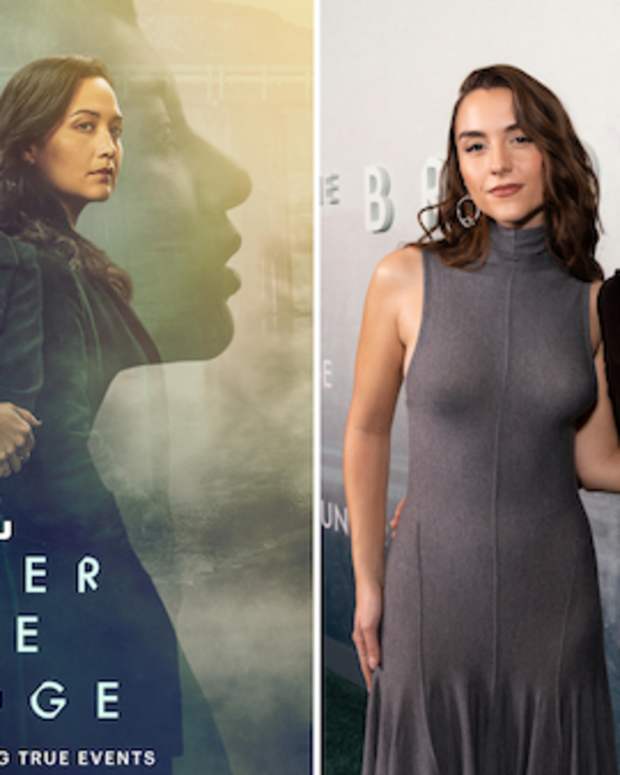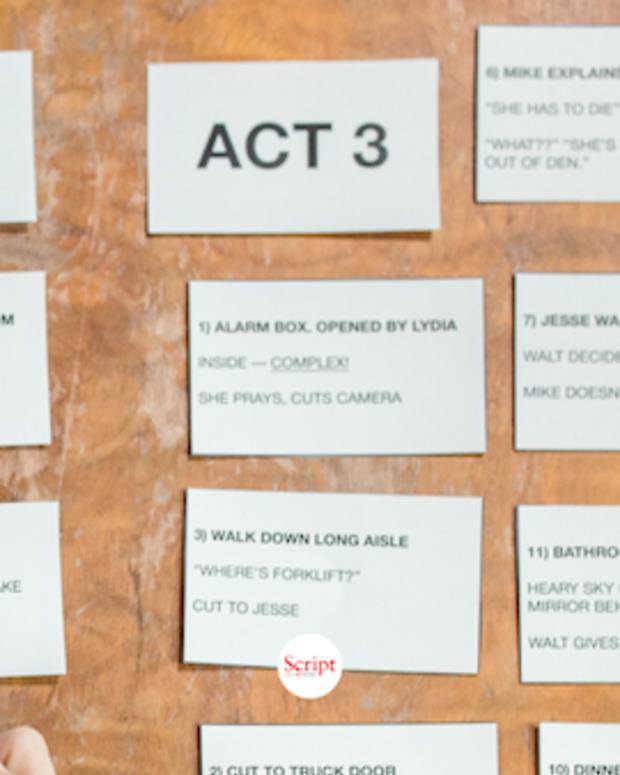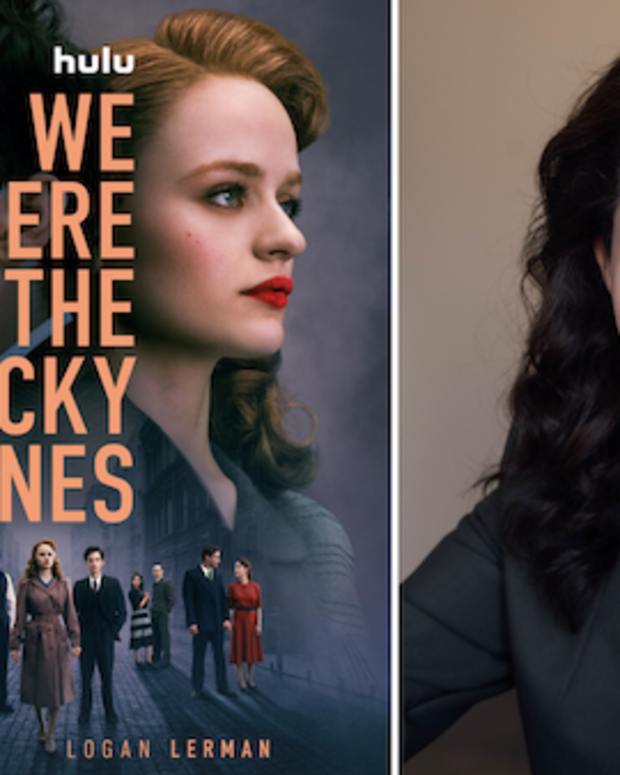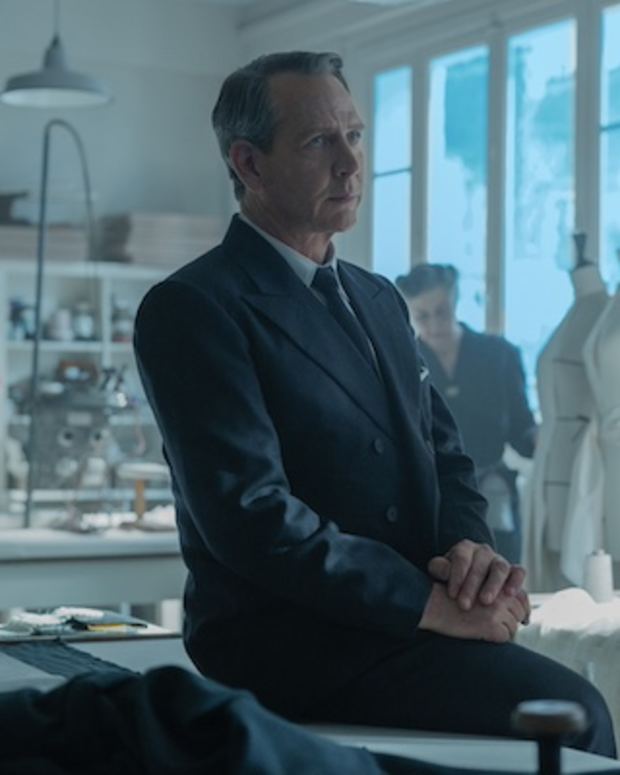Assembling 'The Avengers' for the Big Screen: Interview with Screenwriter Zak Penn
When it comes to screenwriting, says Zak Penn, “the comic book stuff has taken up all of my adaptation juice!” Such comic book “stuff” includes work on projects like X2, Elektra, X-Men: The Last Stand, The Incredible Hulk, and most recently, the superhero mash up that rules them all: The Avengers.
Penn has been writing for nearly three decades, getting his first taste early on while writing school plays in third and fourth grade, continuing his playwriting skills through Yale summer school and Wesleyan University with an emphasis in film.
“It’s not as interesting a story when you knew what you were going to do the whole time (laughs). But my background in writing goes back pretty far. It’s what I’ve done my entire life.”
After college, Penn and fellow film student, Adam Leff, took to writing several screenplays, one of which sold after just one year: Last Action Hero. From there, Penn delivered several comedies like PCU and Inspector Gadget, before getting pulled into the Marvel machine. A machine that has generated billions of box office dollars from numerous solo adaptations, all leading up to a special 7-year cross-over project better known as The Avengers.
SM The Avengers was a pretty unique writing assignment. What did it entail?
ZP I was officially attached to The Avengers in 2006, although we had been kicking around the idea since 2003. For me, it was a four-year process. During that time, my job was to keep an eye on all the other movies, write in stuff that could be set up and paid off, and with the help of the Marvel executives, create an overarching story or a Bible for the five movies, so we would know where we were going and where The Avengers would be. We didn’t want to be stuck in the end with a bunch of characters we didn’t want to use. Or not having set up certain characters.
So, my job was a weird one because it was more like writing for a television show. I was working on The Avengers, but constantly changing it according to what was happening in the other movies and helping them with scenes from other movies so it would set up The Avengers better. Also, I was writing The Incredible Hulk at the same time, which had a lot of the setups as well.
SM Were you working closely with the other writers?
ZP I reached out to a bunch of them. Captain America was happening at the end of the process when I actually had to go and write the script. I was talking more to the executives, but also to Jon Favreau about what was going to happen in Iron Man 2, and pretty much anyone who would listen (Laughs).
Marvel has a really good group of young executives who are the keepers of the flame (led by Kevin Feige) and I was constantly in meetings with them where they would show me what was going on. For instance, in Thor, once they cast Tom Hiddleston as Loki, they thought this guy is great and wanted him as the villain for The Avengers. And that’s when those discussions began. So, it was a weird, long process, which culminated in 2010 when I finally wrote the script -- a script that had already gone through about five different iterations, i.e. who was playing the Hulk, who wasn’t playing the Hulk, and all of the different things that were happening that affected the story.
When Joss came in, he pretty much took over. I sent him an email and said good luck, but he pretty much ran with the ball the rest of the way.
SM How much of your original vision remains?
ZP Not much of my script is left. But I feel like all of the different things that were put into place were right there, in my first script. More importantly, it was my job, to help set up this universe, and I’m pleased to see that after seven years, this is the movie we’ve all been talking about.
SM The Avengers has multiple comic lines, individual comic lines, graphic novels, cartoons, etc. How did you go about researching and assembling a story?
ZP I read a ton of Avengers comics as a kid, and then I went back later on and found everything else. Truthfully though, the Ultimates run by Mark Millar was very influential on The Avengers as well as the X-Men movies. We had art from Bryan Hitchs’ work on The Ultimates and Millar’s dialogue, which I think is a slightly nastier version of Joss’ type of dialogue. But there are similarities there. The tone of Ultimates was something that excited all of us because it felt like a real movie.
SM And what of Joss’ comic book writing?
ZPYes. Ironically, one of the comic books that was very influential was his run on X-Men. Joss wrote “Gifted,” which was this long, acclaimed arc in X-Men, and we used in X-Men 3. The tone from that series was also something we were shooting towards. And interestingly enough, four years later, he became the director of the movie.
SM How influential were the actors from the individual movies? Or did you have your own visions for how those characters should act and behave?
ZP I definitely had to write to the actors and the performances they gave on previous films. It’s much closer to writing for a television show. Robert Downey, Jr. is Iron Man and plays Tony Stark and feels he has as firm a grip on the character as anyone. So, when you have someone like Robert Downey, Jr., you’re just trying to capture the voice he’s already created for the character. You have to put him through something new, but you’re writing for his voice. Same thing for Chris Hemsworth as Thor, or Sam Jackson as Nick Fury.
That was part of the fun of it – there was already a lot of stuff out there, i.e. you knew who the actor was, you knew what their cadence was, how they were speaking, how they played the part, etc. And you had to write to that.
The only unusual one was the Hulk. I worked on both Hulk movies and in particular, the second one. I really wanted Ed Norton to play the part because I thought he was the perfect guy. But when that went awry, suddenly, we didn’t know who would be playing the Hulk. As a result, in my early drafts, Banner almost never appears. It’s always the Hulk because we didn’t have a Bruce Banner at the time.
SM What’s unique about adapting a comic versus writing your own material?
ZP First of all, writing your own material is obviously very different because you’re starting with a blank page. It’s a totally different ball of wax. I won’t say it’s harder because sometimes it’s a lot more fun. In the case of The Avengers, it’s not like adapting a book where you’re trying to keep the plot of the book. You have to stray from it. It’s a much looser adaptation.
And one of the cool things about comic books or sequential art is they are the closest thing to cinema in form of any of the other art forms. Comic book writers and artists over the last twenty years have been writing cinematically. That really helps you to see what the scenes are going to look like. Far more than a novel, a short story, or anything else, you can take sequences directly from a comic book and adapt them to the screen.
Sometimes it can be tricky though. Elektra was a pretty tough one because I was adapting an R-rated comic book, and they decided they wanted to make it PG-13. And I can tell you, it’s pretty hard to write a character that carries long knives around and sticks them in people when you can’t have her stick anything in people.
SM How was The Avengers different from working on The Hulk or X-Men?
ZP The real dividing line was between working for Marvel versus working for Marvel and another studio. When you’re doing X-Men, you’re not just answering to Marvel. You’re answering to Fox, the producers, and the people there. It’s a much more complicated process because there are more people involved.
The Avengers, in terms of ease of use, was more like a bunch of friends sitting around talking about what would be the coolest Avengers movie. We weren’t as worried about what other people were thinking because Kevin Feige was pretty much in charge.
SM What are some of the most important elements of storytelling?
ZP When you have a villain who is as interesting as the hero, citing X-Men or Star Wars. Those work better because both sides of the equation are balanced. Good subplots that complicate the main plot. And also, a story that takes you places you don’t expect to go – that’s the hardest thing to do.
Also, with The Avengers, you know they aren’t all going to die at the end of the movie. So, the struggle is to have enough complications and enough interesting things along the way to make the end pay off.
Mark Sells is a nationally recognized film and entertainment journalist for The Reel Deal. In addition to Script, he has contributed to The Oregon Herald, MovieMaker Magazine, Moving Pictures, 303, Denver Magazine, and Film International, and can be heard weekly on 100.3 FM The Sound (Los Angeles), providing the latest in movie news and reviews. Check out 'The Reel Deal' on YouTube, Twitter and Facebook.




![[L-R] Omar J. Doresy and Sebastian Maniscalco in Bookie (2023).](https://scriptmag.com/.image/ar_8:10%2Cc_fill%2Ccs_srgb%2Cfl_progressive%2Cg_faces:center%2Cq_auto:good%2Cw_620/MjA2NjY1MDM3NzA2Njk5OTgw/omar-j-john-johnsonmax.jpg)
